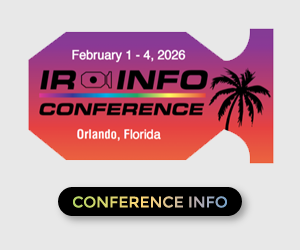Using and Caring for Lithium-ion Batteries
Sponsored by:

Using and Caring for Lithium-ion Batteries
Tip suggested by Randall D. Cain, American Water Company
Batteries are the lifeblood of portable electronics and thermal imagers are no exception. Understanding how to properly handle and care for modern batteries can prolong their life and prevent damage.
Most thermographers give little thought to equipment batteries until they go dead or fail. Without power, even the most sophisticated thermal imagers are useless. As thermal imagers have evolved, manufacturers have moved to take advantage of advancements in battery technology with many units now powered by Lithium-ion batteries.
Li-ion batteries offer several advantages over traditional batteries of the lead acid, nickel cadmium, or nickel metal hydride types. Primary advantages of Li-ion batteries are excellent energy-to-weight ratios, no memory effect, and a slow loss of charge when not in use.
Li-ion batteries must be handled more carefully than other battery types. Improper storage can shorten their life; improper handling can cause catastrophic failure including igniting or exploding. When handling Li-ion batteries, keep the following in mind:
- Only use Li-ion batteries in the equipment for which they are intended
- Unlike Ni-cad batteries, Li-ion batteries should be charged often and never depleted below their minimum voltage
- Always use the appropriate charger and never allow battery terminals to become short circuited
- For prolonged storage, the battery should be discharged to 40% and stored in a refrigerator
Lastly, avoid keeping or charging batteries in hot environments such as the closed interior of an automobile during the summer months. Many Li-ion battery packs contain protective circuits to guard against an over temperature condition. Should a battery become too hot, its protective circuit will open rendering the battery useless.
Care and usage of infrared test equipment is one of the many topics covered in the Infraspection Institute Level I Certified Infrared Thermographer® training course. For more information including course locations and dates, visit www.infraspection.com or call 609-239-4788.
Advertisement

